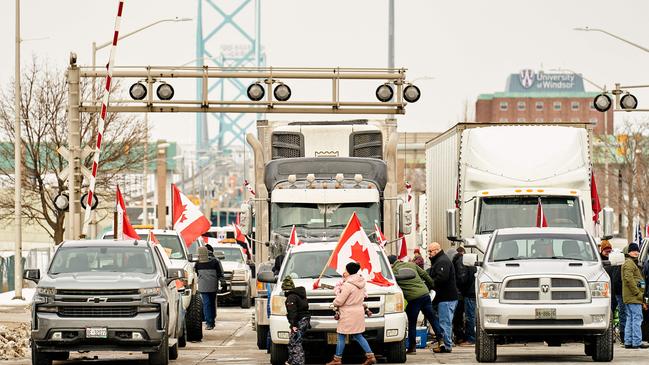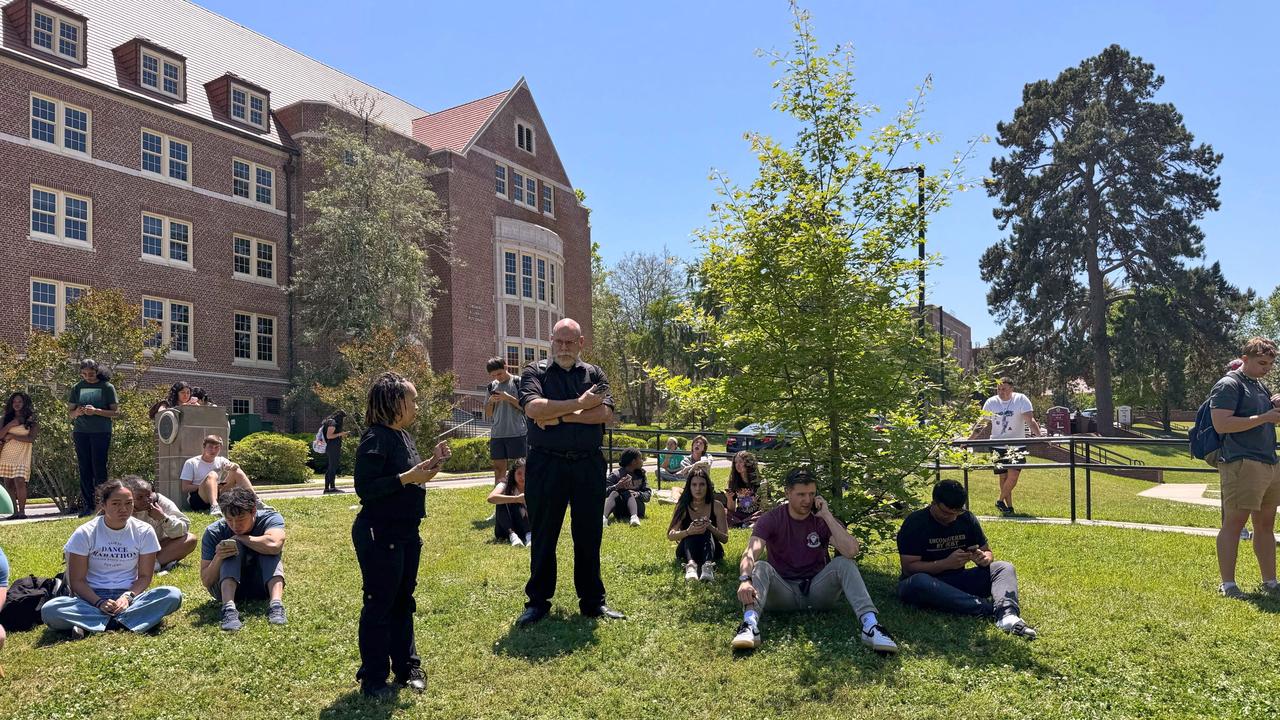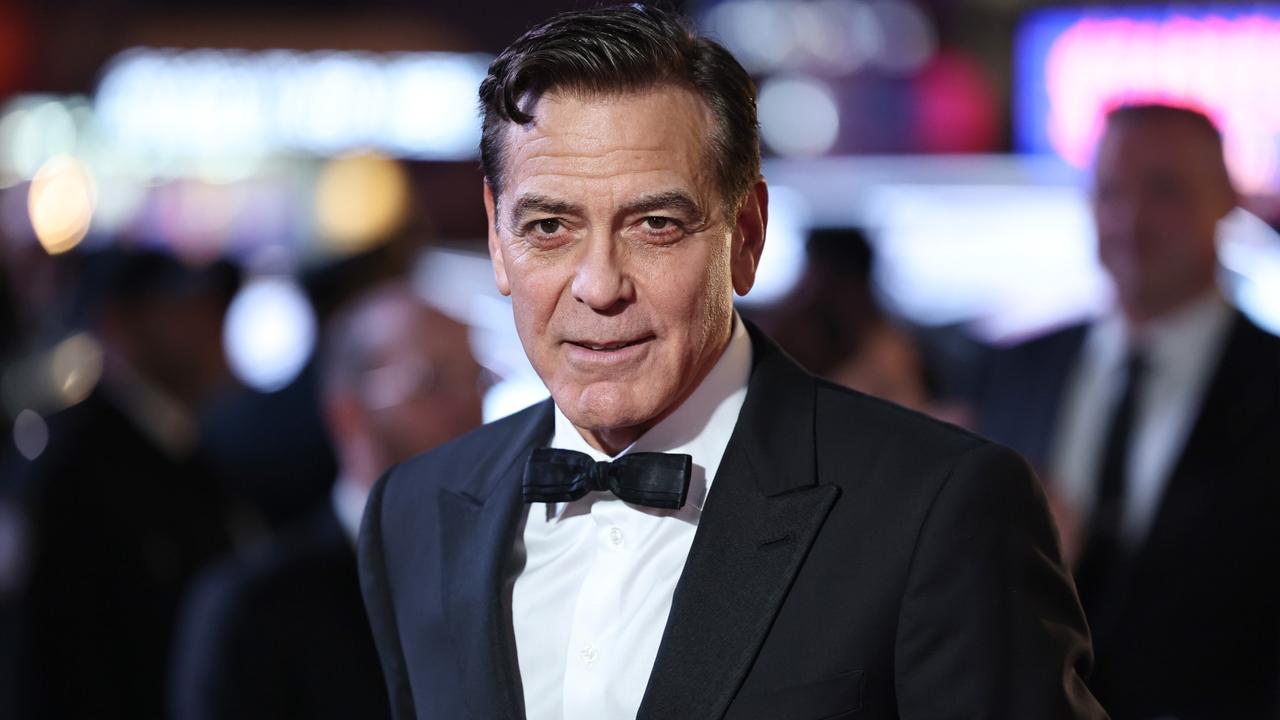Canadian truckies blockade border with the US
Canadian PM Justin Trudeau threatens to arrest drivers who have opened a new front for the movement against compulsory vaccines.

Canadian police have threatened to arrest truckie-led protesters who have shut down central Ottawa and on Wednesday opened a new front for the movement against compulsory vaccines by blocking North America’s busiest border crossing.
As the protests disrupted cross-border trade, Prime Minister Justin Trudeau lambasted the movement as “unacceptable”.
With more people joining the blockade of the Ambassador Bridge between Windsor and the US city of Detroit in solidarity with the two-week truckies protest in the capital, Mr Trudeau warned the action threatened the country’s economic recovery.
“Blockades, illegal demonstrations are unacceptable, and are negatively impacting businesses and manufacturers,” he said in the House of Commons. “We must do everything to bring them to an end.” To the protesters, he said, “You can’t end a pandemic with blockades … You need to end it with science. You need to end it with public health measures.”
White House press secretary Jen Psaki said US officials were “in very close contact” with Canadian border agencies about the bridge blockade. Ms Psaki expressed concerns about the impact of the protests on the US economy, saying the action “poses a risk to supply chains, to the auto industry”.
The Ambassador suspension bridge is a key trade corridor, with more than 40,000 commuters, tourists and trucks carrying $450m of goods crossing daily.
Several Canadian and US chambers of commerce and industry associations, in a joint statement, demanded the bridge be cleared, saying, “as our economies emerge from the impacts of the pandemic we cannot allow any group to undermine the cross-border trade”.
Another trade link between Coutts, Alberta, and Sweet Grass, Montana, has also been blocked by protesters for several days.
By Wednesday night, the atmosphere on the streets of central Ottawa was one of protest and celebration. “We’re not going anywhere,” said truck driver John Deelstra, smiling from behind the wheel of his rig, which has been at the demonstration since day one.
Some 400 vehicles are still camped on Parliament Hill below Mr Trudeau’s offices, against a backdrop of barbecues, campfires and music.
“This is a dramatic situation that is impacting the wellbeing of Canada’s relationship with the US and impacts immensely how business is able to conduct its operations,” said University of Ottawa’s Gilles LeVasseur.
The so-called Freedom Convoy began last month in western Canada – launched in anger at requirements that truckies either be vaccinated, or test and isolate, when crossing the US-Canada border. Having snowballed into an occupation of the capital, the protest has sparked solidarity rallies across the nation and abroad.
On Wednesday, Ottawa police warned protesters they could face criminal charges and their trucks could be seized if they continued their “unlawful” clogging of city streets.
Canadian Vehicle Manufacturers Association president Brian Kingston said the Ambassador Bridge blockade was “threatening fragile supply chains already under pressure due to pandemic-related shortages and backlogs”.
Officials pointed to 5000 factory workers in Windsor, Ontario, being sent home early on Tuesday because of the blockade, and several car assembly plants preparing to close, as Windsor Mayor Drew Dilkens expressed fears about lasting impacts on Canadian businesses.
Michelle Krebs, a senior analyst with Autotrader in Detroit, explained that North American assembly plants rely on timely parts deliveries across the bridge.
The auto sector “is a significant portion of the economy and an important portion of consumer spending” that has been hard hit over the past year, she said.
Canada’s Public Safety Minister Marco Mendicino warned of “serious dangers for the economy” and called on protesters to “go home!”. “This is an illegal economic blockade … against all Canadians,” added Transport Minister Omar Alghabra.
Several provinces, including Alberta, Quebec and Saskatchewan, this week announced a gradual lifting or loosening of Covid-19 restrictions.
AFP



To join the conversation, please log in. Don't have an account? Register
Join the conversation, you are commenting as Logout